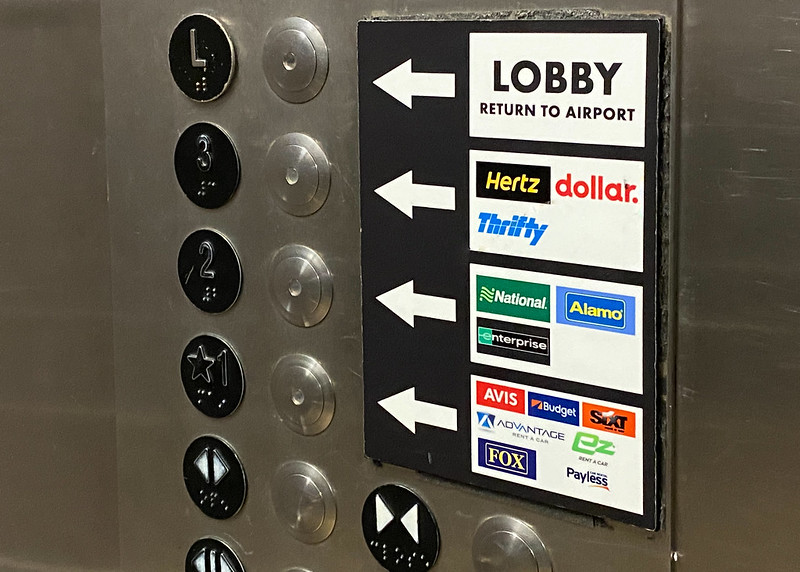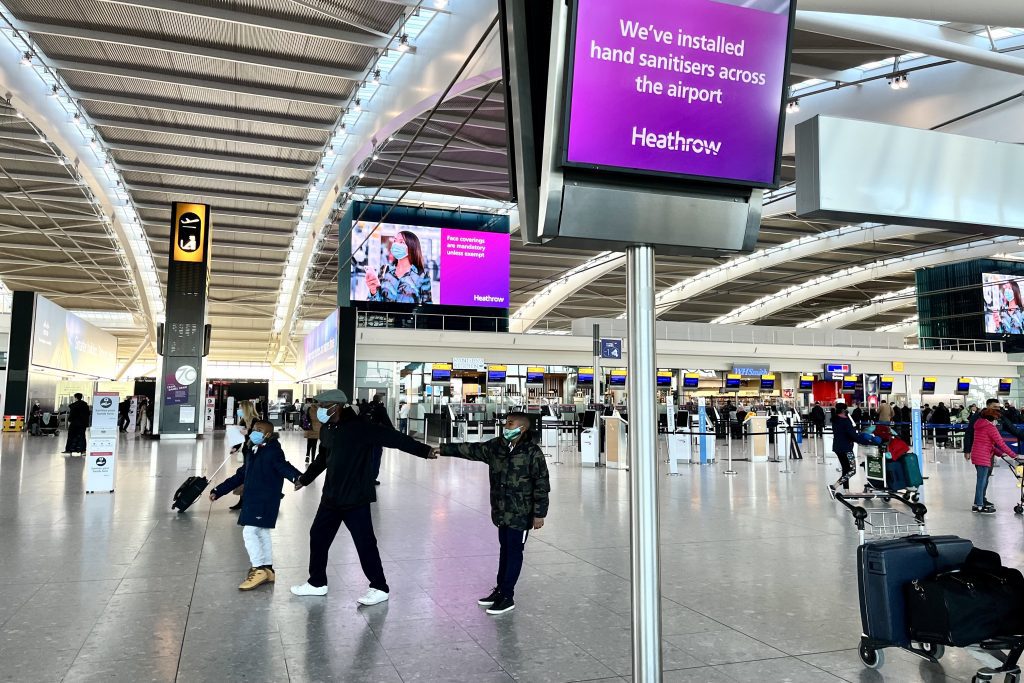There’s been well-deserved excitement in travel tech circles in recent years about everything from the New Distribution Capability to chatbots and the arrival of generative AI, but the reality is that much of what passes for travel technology is still backwards these days.

Here are a few recent examples:
Avis: Rental Counter Can Be Unavoidable
Avis informed me a few days ago that I couldn’t modify an upcoming reservation at Newark Airport to add electronic toll charges because I made the reservation using points. In a chat, the Avis agent assured me I could add E-ZPass at the counter — although there are often elongated wait times there.
In November at Phoenix Sky Harbor Airport, as an Avis Preferred member, I was supposed to be able to view the app and go directly to the parking lot to retrieve my rental car, but that didn’t happen. Eventually, an Avis agent at the car rental counter told me I hadn’t been able to go directly to the car in the parking garage because I arrived during an employee shift change, and the cars were not in place and ready. The wait for the cars was at least 45 minutes at the rental counter.
JetBlue Ticket Modifications: You Need to Cancel and Rebook
In early January, I tried to modify a JetBlue flight booking at JetBlue.com, but wasn’t able to. During a text chat, JetBlue told me in what I think was an automated answer that since I booked the flight with points, I’d have to cancel and rebook it to make the change. “TrueBlue point bookings are managed online,” JetBlue stated. “Changes require you to cancel and rebook. Points are returned to the TrueBlue account. Bags/seats are refunded to the original payment.”
If I had booked the original flights with dollars instead of TrueBlue points, I probably would have been able to easily modify the booking online. But don’t airlines want their customers to join their loyalty programs, and redeem those points? Instead, there is a disincentive when points functionality lags.
Avianca Blames the ‘System’ on Multi-City Booking Issue
About a week ago, I wanted to book a multi-city itinerary on Avianca.com, but there was no option to do so. I was looking to book Punta Cana-Cartagena-Medellin-Punta Cana. I complained on Twitter in frustration, and Avianca kindly messaged me within minutes of my tweet that its customer service agents would reach out, which they did. But after a back and forth with one of the agents over a couple of days, he informed me that the Avianca “system” wouldn’t allow him to make the multi-city booking, either. The agent said I should try booking the tickets separately.
I did book the flights separately — but with another airline.
Can’t Bypass the Front Desk at a Hilton Property
In November, I reserved a room for a few nights at a Hilton Garden Inn in New Jersey. A Hilton email informed me I could use the Hilton Honors app for a contactless arrival. The idea was to skip the front desk, head to my assigned room, and unlock the door with my phone.
When I arrived at the property, a very nice front desk employee informed me that for security purposes I would have to show her an ID so it turns out at this particular property, at least, there would be no bypassing the front desk. She then handed me a couple of card keys for my room door.
Moral of the Story?
Despite all the boasts from airlines, hotels, and car rental companies about seamless this or frictionless that, the reality is often more traditional and clunky. The travel industry still finds itself plagued by outdated, legacy technology or more modern applications that sometimes aren’t well thought out.
